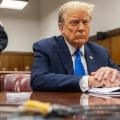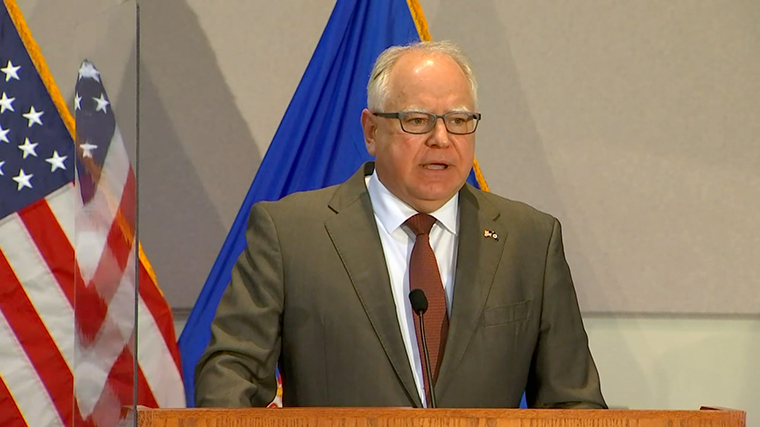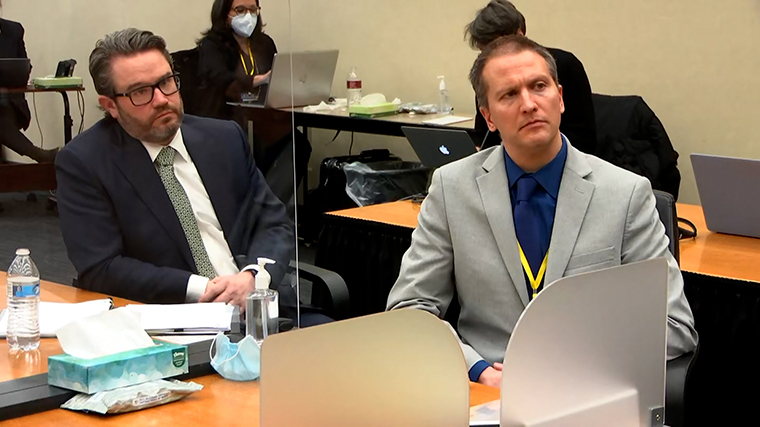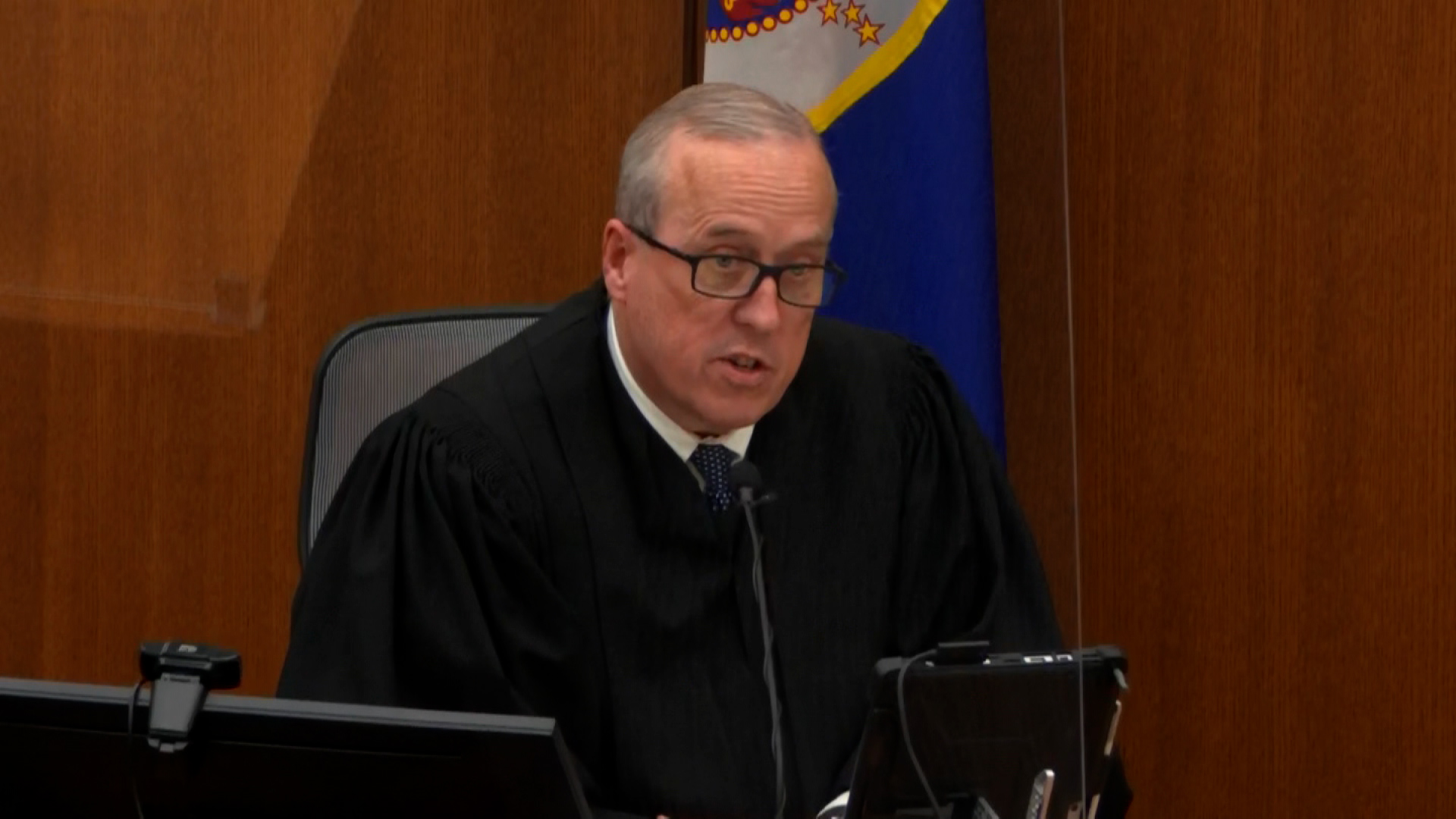Hennepin County Judge Peter Cahill denied a defense motion for a mistrial today over recent publicity in the case, including TV shows and comments by California Democratic Rep. Maxine Waters.
“You can’t avoid it. It is so pervasive. I just don’t know how this jury can really be said to be that they are free from taint,” defense attorney Eric Nelson told the judge.
Nelson noted that the trial has not only been in the news, but recently included in two fictional TV shows and what he described as “threats” against the sanctity of the jury process by Waters over the weekend.
Waters was in Brooklyn Center, Minnesota, on Saturday where protests have continued since the death of Daunte Wright earlier this month.
"We're looking for a guilty verdict and we're looking to see if all of the talk that took place and has been taking place after they saw what happened to George Floyd. If nothing does not happen, then we know that we got to not only stay in the street, but we have got to fight for justice," Waters said. "We got to stay on the street. And we've got to get more active, we've got to get more confrontational. We've got to make sure that they know that we mean business," she added.
With the start of deliberations, the jury is now sequestered, however, Nelson told the court he believed they should have been since the start of the trial.
In court, Cahill noted that the Waters comments over the weekend may have created a potential for an appeal, if the defense loses this trial.
“I will give you that Congresswoman Waters, something on appeal that may result in this whole trial being overturned,” Cahill said.
The judge has repeatedly condemned past comments about the trial by politicians.
“I’m aware of the media reports, and I’m aware Congresswoman Waters was talking specifically about this trial, and about the unacceptability of anything less than a murder conviction,” Cahill said. “I wish elected officials would stop talking about this case, especially in a manner that is disrespectful of the rule of law and to the judicial branch and our function.”
The state said that the court has instructed the jury to avoid any outside influences, prosecutor Steve Schleicher noted, and the law presumes they are following it.
While leaving the House floor today, Waters said in response to a question about the trial, “The judge says my words don’t matter.”
Waters declined any further comment about the reaction to her remarks.
This post has been updated with California Rep. Maxine Waters' remarks.





